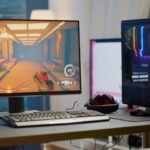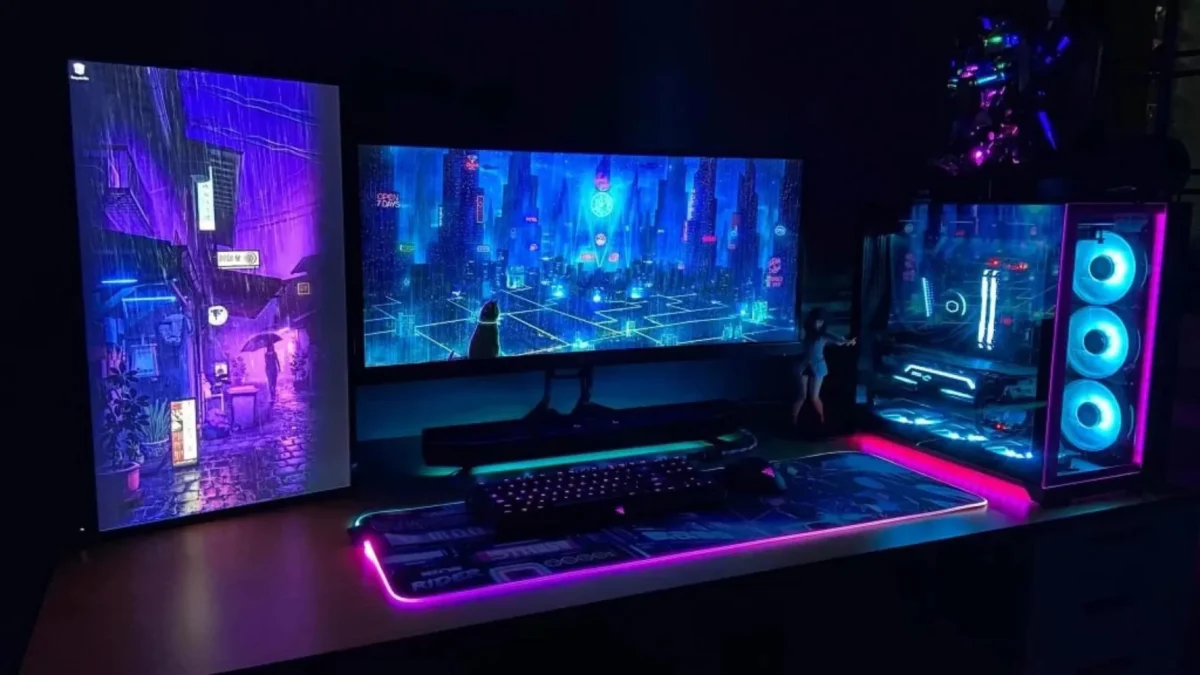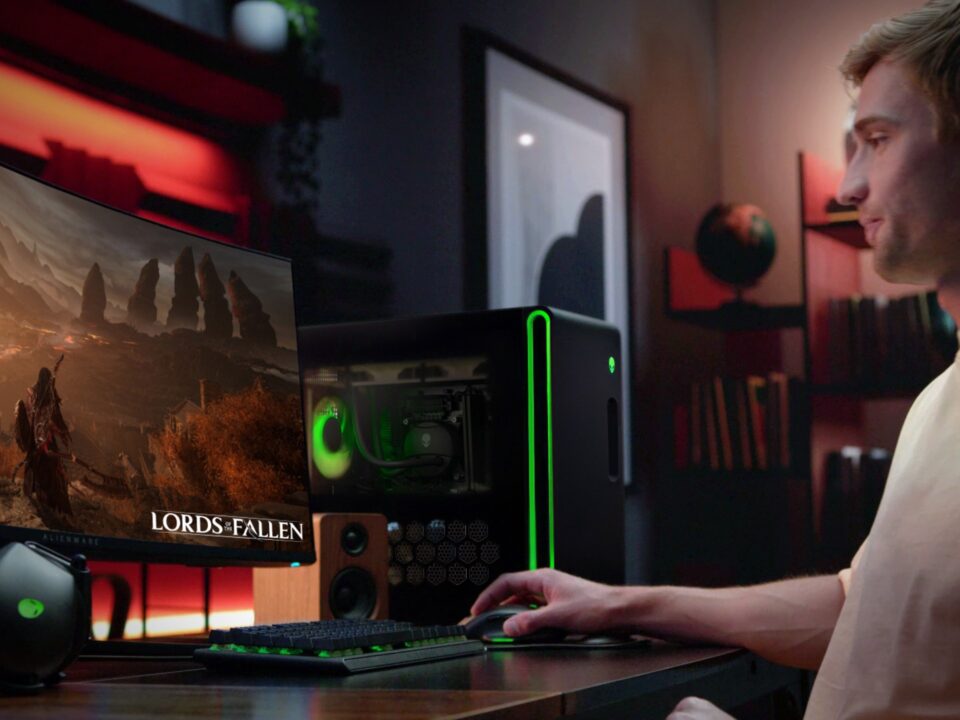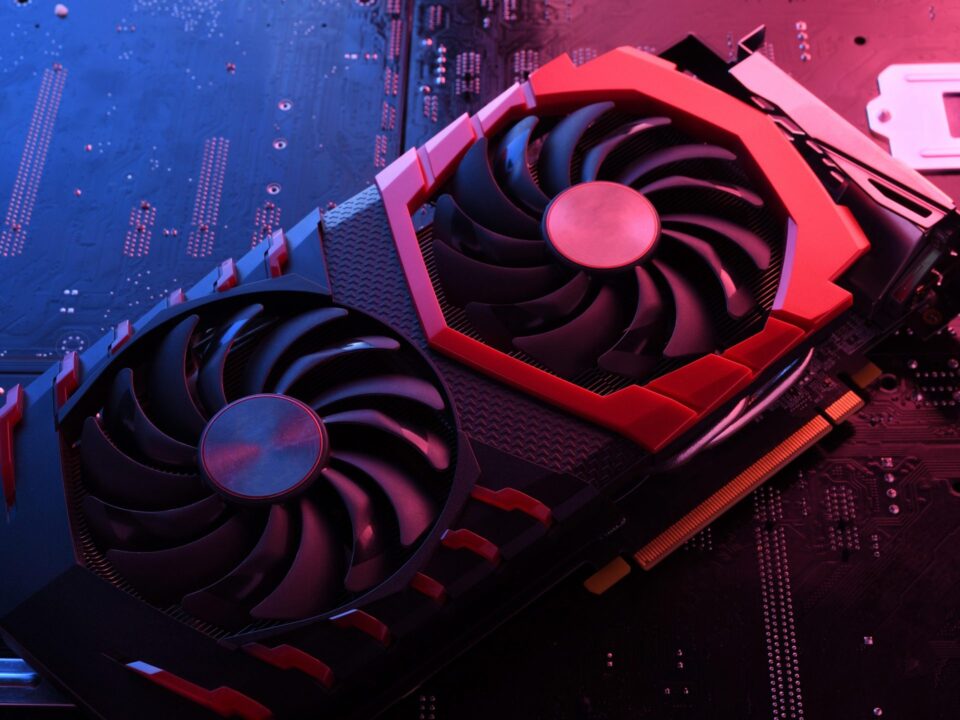
Upgrading Your Gaming PC: When and What to Upgrade
October 15, 2020
How to Choose the Right Graphics Card for Your Gaming PC
October 15, 2020In the ever-evolving world of gaming, having a reliable and high-performing PC is essential to fully immerse yourself in your favorite titles. However, building a gaming PC can often be perceived as an expensive endeavor. The good news is that with careful planning and smart choices, you can assemble a budget-friendly gaming rig without compromising on performance. This guide will walk you through the essential components and considerations to help you build a cost-effective gaming PC that meets your needs and enhances your gaming experience.
1. Set a Realistic Budget
Before diving into component selection, it’s crucial to establish a clear budget. Knowing how much you’re willing to spend will help you make informed decisions and prioritize components that offer the best value for your money.
- Determine Your Budget Range: Decide on a maximum amount you’re comfortable spending. For a budget gaming PC, a range between $700 to $1,000 is typically sufficient to build a system that can handle most modern games at medium to high settings.
- Allocate Funds Wisely: Distribute your budget across key components, ensuring that you invest adequately in parts that directly impact gaming performance, such as the CPU and GPU.
2. Choose the Right Processor (CPU)
The CPU is the brain of your gaming PC, handling all the instructions it receives from hardware and software.
- AMD vs. Intel: Both AMD and Intel offer competitive processors suitable for gaming. AMD’s Ryzen series, particularly the Ryzen 5 and Ryzen 7 models, provide excellent performance at a reasonable price. Intel’s Core i5 processors are also a solid choice for budget builds.
- Performance vs. Price: Aim for a CPU that offers a good balance between performance and cost. For a budget build, an AMD Ryzen 5 5600X or Intel Core i5-12400F are excellent choices that provide robust gaming performance without breaking the bank.
3. Select an Appropriate Graphics Card (GPU)
The GPU is arguably the most critical component for gaming, as it directly influences your gaming experience by rendering images, videos, and animations.
- Budget-Friendly Options: Look for GPUs that offer the best performance per dollar. NVIDIA’s GTX 1660 Super or AMD’s Radeon RX 5600 XT are excellent mid-range options that handle most games smoothly at 1080p resolution.
- Future-Proofing: While sticking to a budget, consider GPUs that offer some headroom for future games. Investing a bit more upfront can save you from needing an upgrade sooner than expected.
4. Motherboard Compatibility
The motherboard connects all your components, so ensuring compatibility is vital.
- Form Factor: Decide on the size of your motherboard (ATX, Micro-ATX, Mini-ITX) based on your case and expansion needs. For budget builds, Micro-ATX boards often provide a good balance of features and price.
- Socket Type: Ensure the motherboard socket matches your chosen CPU. For example, AMD Ryzen processors typically use the AM4 socket, while Intel CPUs may use LGA 1200 or LGA 1700 sockets.
- Features: Look for motherboards that offer essential features like sufficient RAM slots, USB ports, and expansion slots without unnecessary extras that can drive up the cost.
5. Memory (RAM) Considerations
RAM is essential for multitasking and smooth gameplay.
- Capacity: For a budget gaming PC, 16GB of DDR4 RAM is recommended. It provides enough memory for most games and general computing tasks.
- Speed: While higher RAM speeds can offer marginal performance improvements, they are often not necessary for budget builds. Aim for RAM with speeds between 3000MHz to 3200MHz for optimal performance and cost-efficiency.
6. Storage Solutions
Fast and ample storage is crucial for loading games quickly and storing your game library.
- Solid State Drive (SSD): An SSD significantly reduces load times compared to traditional Hard Disk Drives (HDDs). A 500GB SSD is a good starting point for a budget build, allowing you to install your operating system and a selection of games.
- Hybrid Storage: If you need more storage space, consider adding a secondary 1TB HDD. This combination provides both speed and ample storage without a substantial increase in cost.
7. Power Supply Unit (PSU)
A reliable PSU ensures that your components receive consistent and adequate power.
- Wattage: For a budget gaming PC, a 550W to 650W PSU is typically sufficient. Ensure that the PSU provides enough power for your chosen GPU and CPU.
- Efficiency Rating: Look for PSUs with an 80 Plus Bronze certification or higher. Higher efficiency ratings mean better power management and reliability.
8. Case Selection
The case houses all your components and affects airflow, cooling, and aesthetics.
- Size and Compatibility: Ensure the case supports your motherboard’s form factor and has enough space for your GPU and other components.
- Cooling and Airflow: Good airflow is essential to keep your components cool. Look for cases with multiple fan mounts and consider adding additional fans if necessary.
- Aesthetics: While not crucial for performance, choosing a case that appeals to your personal taste can enhance your overall satisfaction with your build.
9. Additional Components and Peripherals
While focusing on the core components, don’t forget about essential peripherals and accessories.
- Operating System: Windows is the most popular choice for gaming, offering broad game compatibility and support. Consider budgeting for a legitimate copy of Windows 10 or Windows 11.
- Cooling Solutions: Depending on your case and components, you might need additional cooling solutions, such as extra case fans or aftermarket CPU coolers, to maintain optimal temperatures.
10. Assembly and Building Tips
Building your own gaming PC can be a rewarding experience, but it requires attention to detail.
- Research and Tutorials: Utilize online resources, such as video tutorials and build guides, to familiarize yourself with the assembly process.
- Static Precautions: Always ground yourself to prevent static discharge, which can damage sensitive components.
- Cable Management: Organize your cables to improve airflow and aesthetics. Many cases come with built-in cable management features to simplify this process.
- Testing Before Finalizing: Before securing all components, perform a test boot to ensure everything is functioning correctly. This step can save you time by identifying issues early in the build process.
Conclusion
Building a budget gaming PC is entirely achievable with careful planning and smart component choices. By prioritizing key components like the CPU and GPU, ensuring compatibility, and balancing performance with cost, you can assemble a system that delivers an excellent gaming experience without exceeding your budget. Remember to research thoroughly, seek advice from the gaming community, and take your time during the assembly process. With the right approach, your budget gaming PC will serve you well, providing countless hours of immersive gaming enjoyment.
If you have any questions or need personalized recommendations, feel free to reach out to our support team at GamePC.top. We’re here to help you build the ultimate gaming setup!




